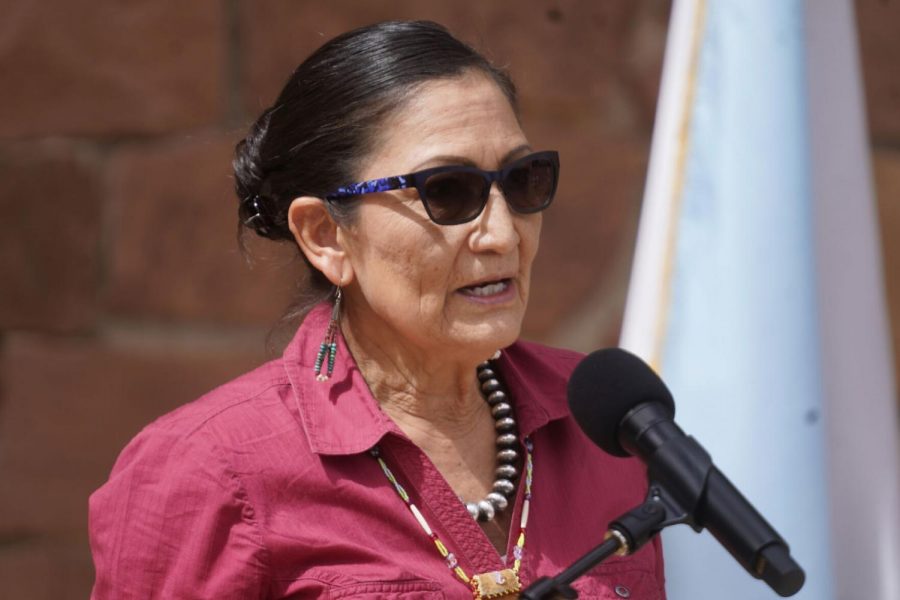Interior secretary revokes Trump administration’s orders prioritizing energy development
April 16, 2021
(The Center Square) – U.S. Interior Secretary Deb Haaland on Friday revoked a dozen of the Trump administration’s secretarial orders that prioritized energy development on federal lands.
Haaland signed a secretarial order revoking the past orders and also signed a secretarial order establishing a Climate Task Force that will seek to advance renewable energy development and prioritize climate change in the department’s decision-making processes.
Haaland said in a statement the pair of orders will align the department with the Biden administration’s “whole-of-government approach to tackle the climate crisis.”
“At the Department of the Interior, I believe we have a unique opportunity to make our communities more resilient to climate change and to help lead the transition to a clean energy economy,” Haaland said. “These steps will align the Interior Department with the President’s priorities and better position the team to be a part of the climate solution.”
Among the Trump-era orders reversed are an order revoking the federal coal moratorium; the “American Energy Independence” order that directed a review of the agency’s actions and regulations on energy development; an order to “streamline” the National Environmental Policy Act review process; an order that directed a new Outer Continental Shelf energy leasing program; and an order to “support and improve” quarterly oil and gas lease sales.
The DOI said the Trump administration’s orders “tilted the balance of public land and ocean management without regard for climate change, equity, or community engagement.”
President Joe Biden signed an executive order a week after taking office that included a moratorium on new oil and gas leases on federal lands, a process that’s typically overseen by the U.S. Bureau of Land Management, which is part of the DOI.
The order has drawn a number of legal challenges from industry groups and states that rely on oil and gas development for revenue.
Haaland’s order “does not impact the Interior Department’s ongoing review of proposals for oil, gas, coal, and renewable energy development on public lands and waters,” the agency said.
























